Your cart is currently empty!

Planning A Multi-Family Vacation with Friends
The only thing better than a relaxing getaway, is one filled with friends for both the adults and the kids. A multi-family vacation sounds like a brilliant idea when first conceived (especially after a few glasses of wine). It provides entertainment for the children, company and conversation for the grown-ups, shared cooking, shared help, shared experiences and the chance to rent a bigger, nicer house! What’s not to love about that?
However, being great friends doesn’t always mean you’re vacation-compatible. Vacationing with other families can be stressful, particularly if you have different parenting styles, vacation expectations or financial constraints. Travel can definitely bring out the stress in everyone. That, coupled with the fact that everyone has their own idea of how a vacation should go, can make traveling with other families a recipe for disaster. But thankfully, we’re here to help!
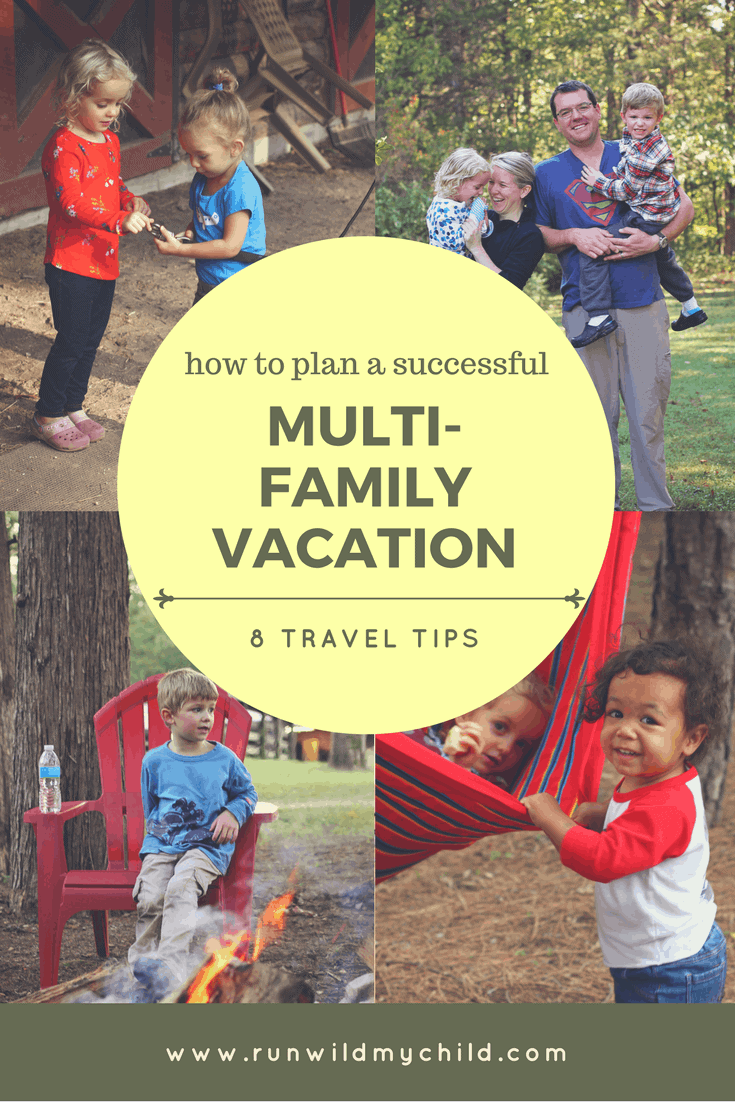
Vacationing with friends is a wonderful experience. A shared vacation creates priceless memories that last a lifetime and solidify friendships between the adults and the kids. As long as everyone is willing to communicate their needs upfront and compromise when necessary, vacationing with another family can be a lot of fun.
I’ve been vacationing with the same group of girlfriends for 15+ years, so we’re very aware of each other’s vacation style. However, adding spouses and kids to the vacation adds a whole new dimension to vacation planning and travel. But it also makes the vacation so much more meaningful. This past fall we all took a long weekend getaway to a house in the country, on a little river surrounded by horses and hiking trails and fishing holes. It was such a wonderful way to recharge and reconnect with friends. It was a delight to get to spend time with their children and watch them interact with mine. The husbands and the kids all got along famously, as we all hoped. And I left the trip feeling so proud of the mothers that my friends had become and fell madly in love with the beautiful families they created.

Of course, even a weekend trip takes lots of planning and communication. We learned a lot from our adventure and know what we’ll do differently the next time around. So, whether you’re planning a major vacation or just a weekend getaway, here are 8 tips that will help ensure a successful multi-family trip.
1. Choose who you travel with wisely
The most important factor in having a successful vacation is choosing compatible travel companions. Just because you really like a certain couple or you adore their kids doesn’t mean they are the right family to travel with you. Before asking another family to tag along on a trip, ask yourself the following questions:
- How do the kids all get along?
- Do their kids bring out the best in yours and vice versa?
- Do the families have similar interests?
- Will the destination be desirable for both families?
- Do the families have similar parenting styles?
- Will all the kids have someone close in age to them or will one be left out?
- Do you like the parents enough to spend 24 hours a day with them for the duration of the trip?
- Would you be comfortable with the other parents correcting or disciplining your kids?
- Do you have similar budgets and vacation expectations?


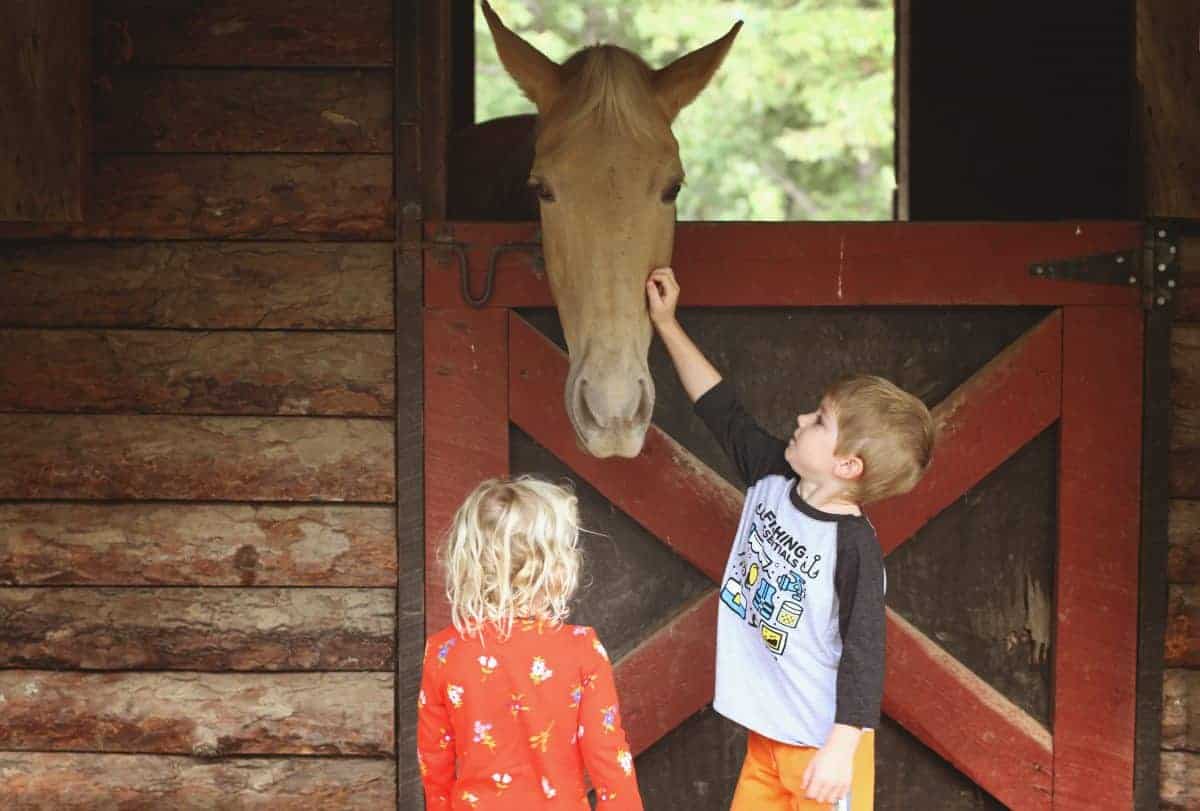
2. Discuss, discuss, discuss
Communication is the key to a great vacation with other families. It is essential to have planning meetings to thoroughly discuss the trip and reach a consensus on as many of the details as possible prior to a multi-family vacation. The key to a successful vacation is for everyone involved to communicate during the planning stage and not make any assumptions. The more that has been discussed beforehand, the less chance there will be conflict during the vacation. Even if one parent or family is taking the lead on making arrangements, it is important to obtain agreement from all other parties before finalizing anything.
Vacation discussions are often best done in person, but if everyone is busy, then email or a group chat also works. Be sure someone is keeping a list of who’s bringing what (if you’re sharing responsibilities), who’s making arrangements and any other pertinent info. Create a spreadsheet or use Google Docs so everyone has access to the most up-to-date version.
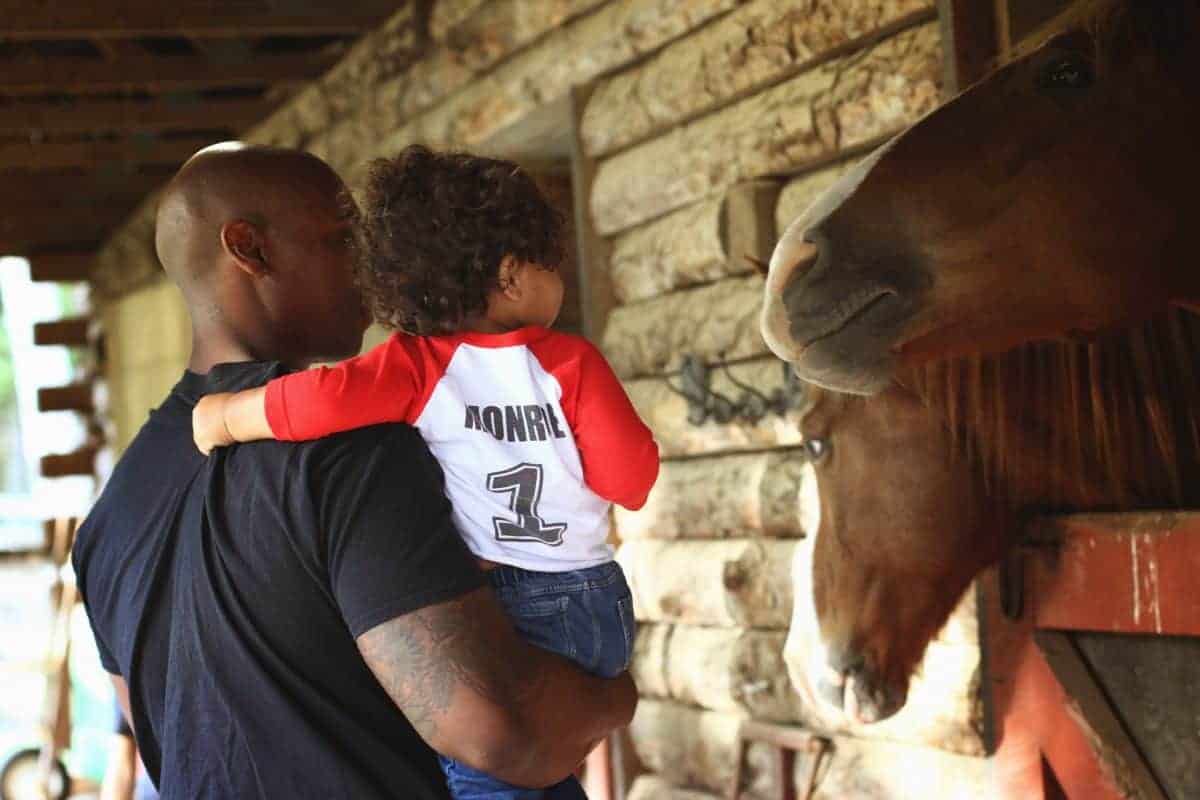


3. Outline vacation goals & styles
Part of the pre-vacation discussion should be about your vacation goals and vacation styles. Be honest and upfront about what your family’s vacation goals are, what you want to do, how much work you’re willing to do (cooking, planning, etc.), what you want to see/accomplish, etc. And make sure you know what the other family’s goals are, as well so you can be accommodating. It’s fine to have different goals and vacation styles (even within the same family), so long as you communicate them and don’t assume that a “vacation” looks the same for everyone.
Think about your vacation goals and style and how you want to spend your time:
- Sight-see or sit on the beach all day?
- Activities scheduled for every day or do you wing it?
- Cook at home or go to restaurants for meals?
- Get up early or stay up late enjoying a few drinks?
- Strict rules on foods/snacks, bedtime, screen time, etc.? Are you willing to make exceptions while on vacation?
Again, it’s all about compromise. You don’t have to have the exact same goals or style as the other family to get along, but be honest about your expectations and what you’re willing to comprise on. And if you find that you don’t share a lot of common vacation interests, it might be wise to reconsider. That certainly doesn’t mean you can’t still be friends.
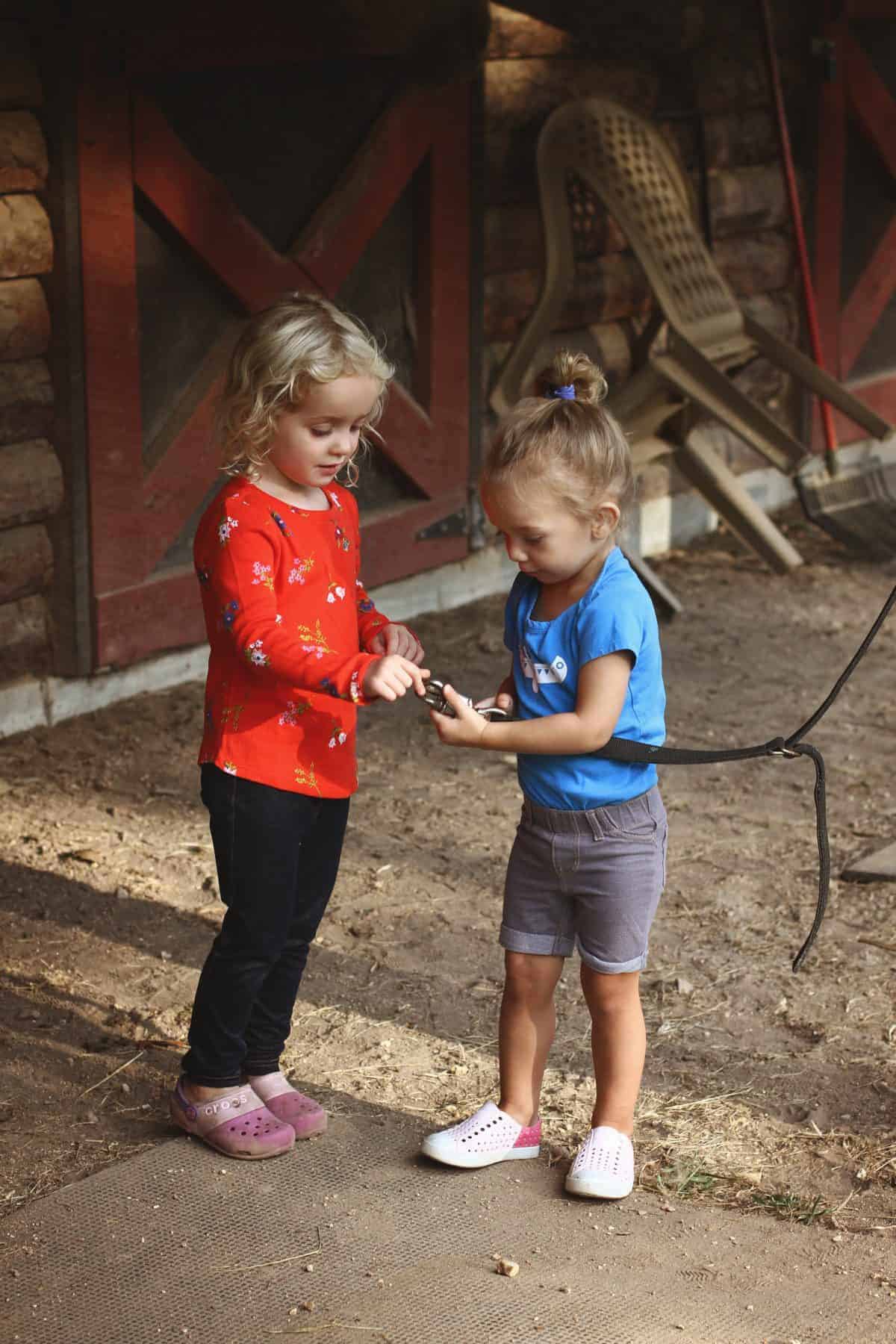
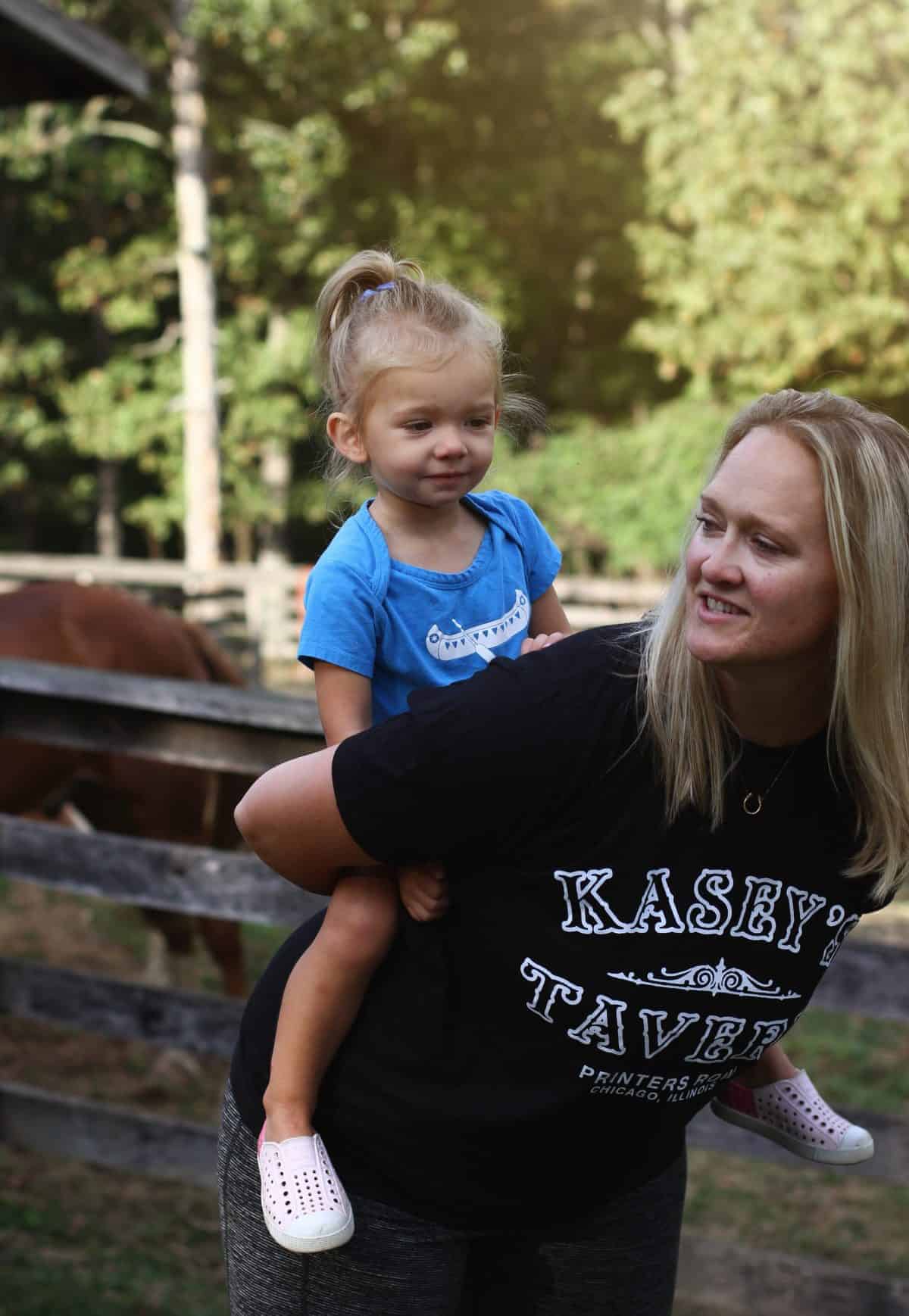
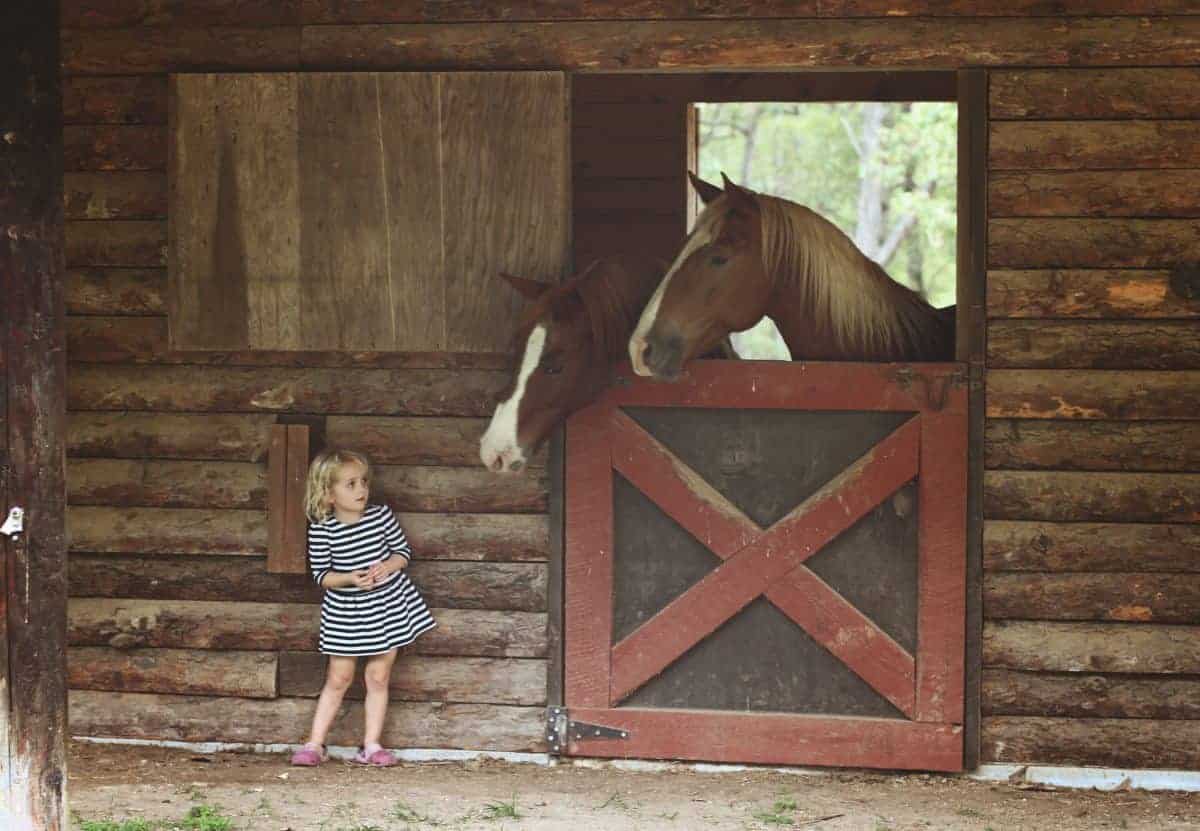
4. Make sure everyone is comfortable with the budget
Reaching consensus is especially important when it comes to the vacation budget. We all have a specific idea in our heads about how much we want to spend on a vacation and how much we can spend. If all the adults aren’t in sync about budgets for travel, rental car, hotels, rental houses, day trips, restaurants, groceries, activities and excursions, you could run into some uncomfortable moments and resentment.
Make certain everyone is comfortable upfront with vacation costs, when things should be paid and how. Try to split items as evenly as possible when families are sharing the experience. Acknowledge when/if one family will voluntarily take on additional expenses. For example, if two families are renting a five bedroom home and one family will be using three bedrooms, then will the two families split the cost evenly or will one family pay a greater share?
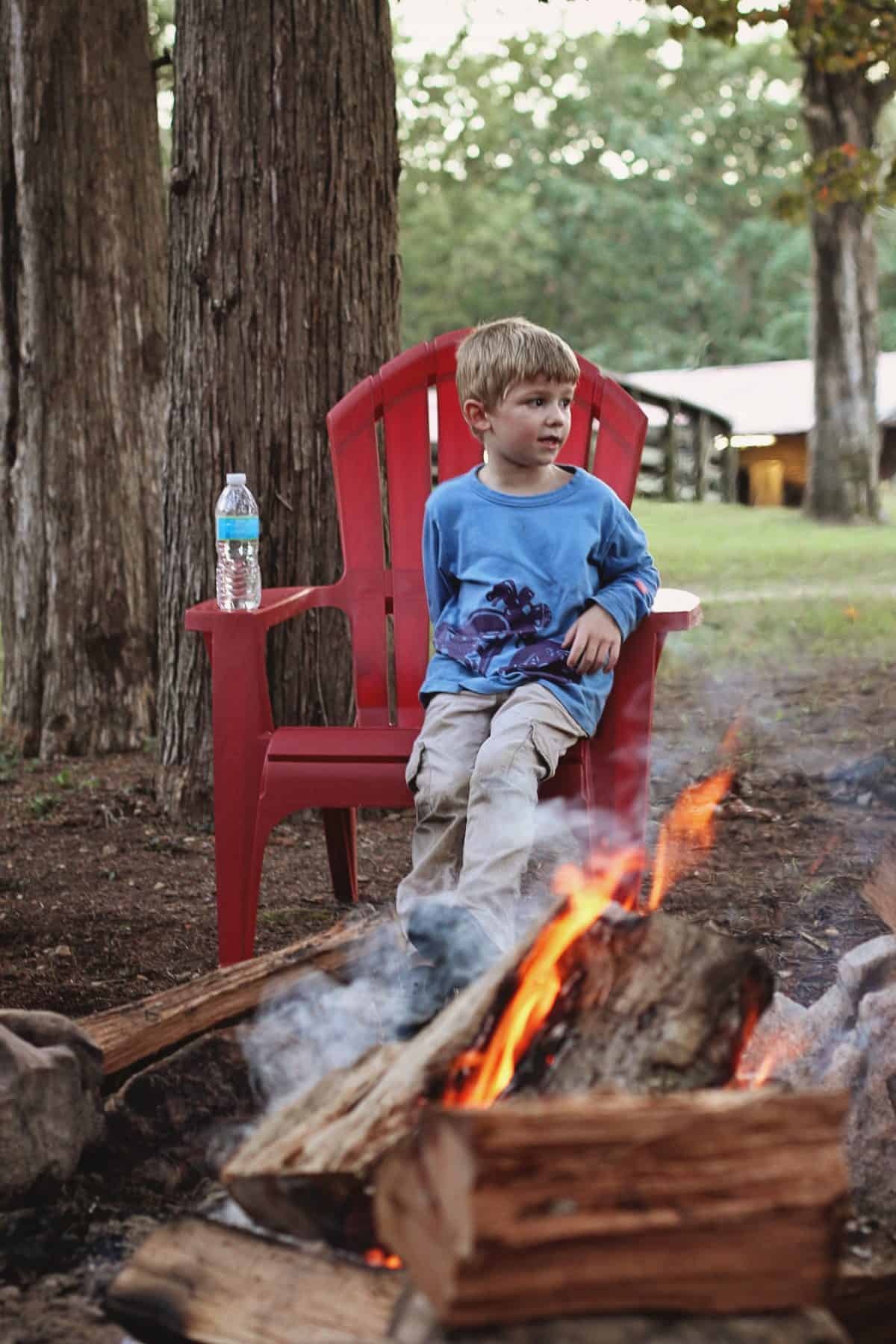


5. Give each family some space
Being in close quarters with your own family for an entire vacation can be stressful enough. Being in too-close quarters with another family could cause a vacation disaster. If you’re staying in a house all together, make sure there’s room for each family to retreat and recharge. Adequate outdoor space also helps family members to spread out and get away from one another whenever necessary. All that togetherness can sometimes be too much.
It’s also a good idea to split up for activities from time to time so that everyone can pursue their own interests. It’s particularly easy to do this when vacationing at a theme park, a large resort or cruise, but it’s possible to plan some time apart on any type of vacation.




6. Make sure the kids are compatible
Incompatible grown-ups traveling together can be stressful. But at least they can practice their best acting skills and gut it out through the trip. However, kids aren’t so good at grinning and bearing it. Little kids are pretty good at being friends with whoever is around. But, older kids have much stronger feelings regarding their friends. Make sure all the kids are compatible and that one kid isn’t set up to fail by having no other kids his or her age in the group. If the kids are happy, it’s easier for the parents to be happy, too.



7. Ease up on the rules
If you’re strict about your kids’ bedtime or sticking to a super healthy eating regime, that’s great for home. However, don’t expect it to work on vacation in the same way. Especially when the other family you’re with might have different rules. Talk to the other parents ahead of time about when their kids go to bed, how much screen time they’re allowed, and come up with a group consensus on how it should (ideally) go on the trip. Apply the same rules to all the kids (or at least those the same age) so they feel treated equally.


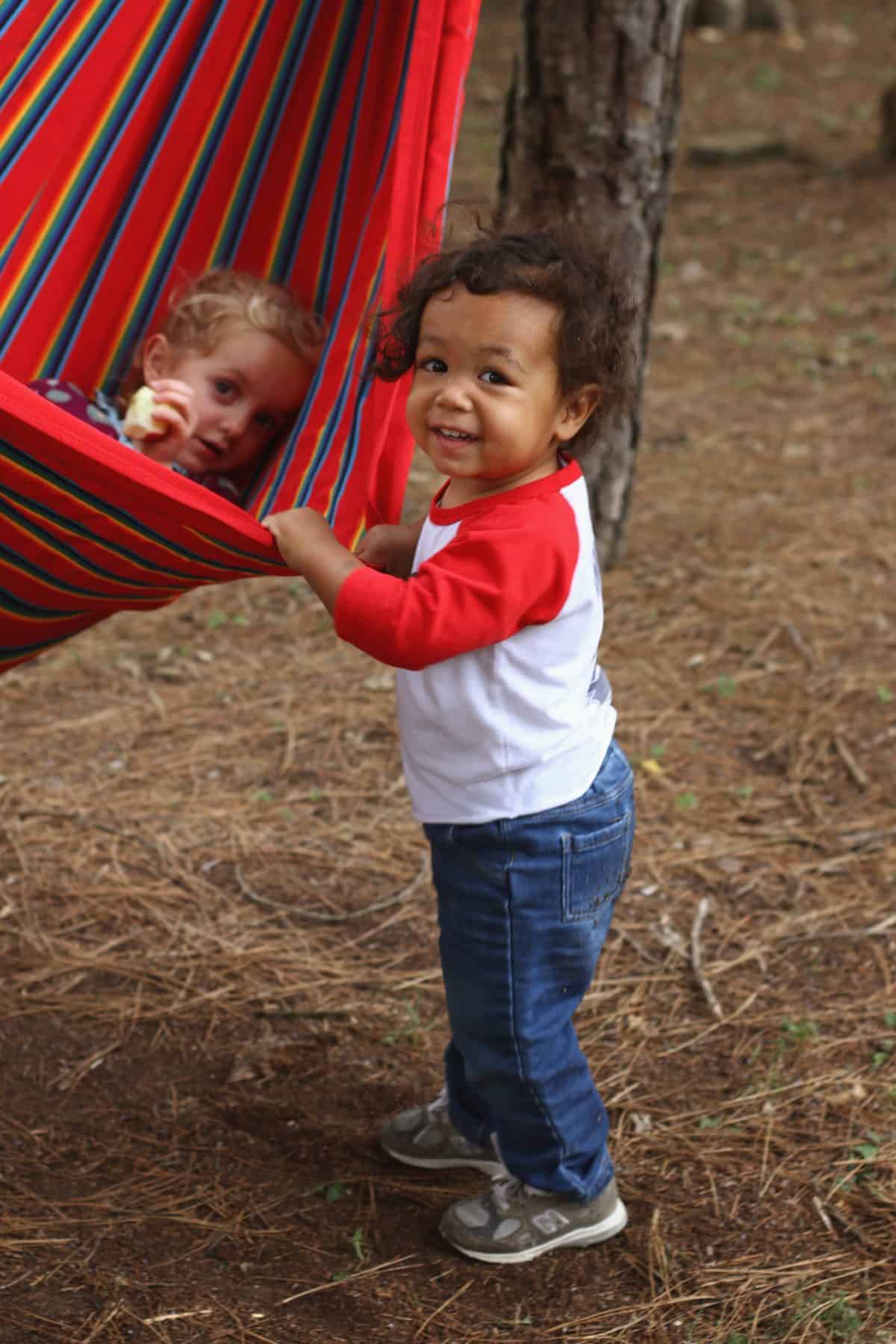
8. Let it go
Travel can be stressful and travel with kids can be really stressful. If another parent loses it on their kid after at some point in the trip, assume your friend is just having a bad vacation moment and let it go. Hopefully that friend will do the same when you have a less than graceful moment with your kids or spouse. Try not to judge and absolutely do not gossip about your friend or any undesirable behavior after the trip.
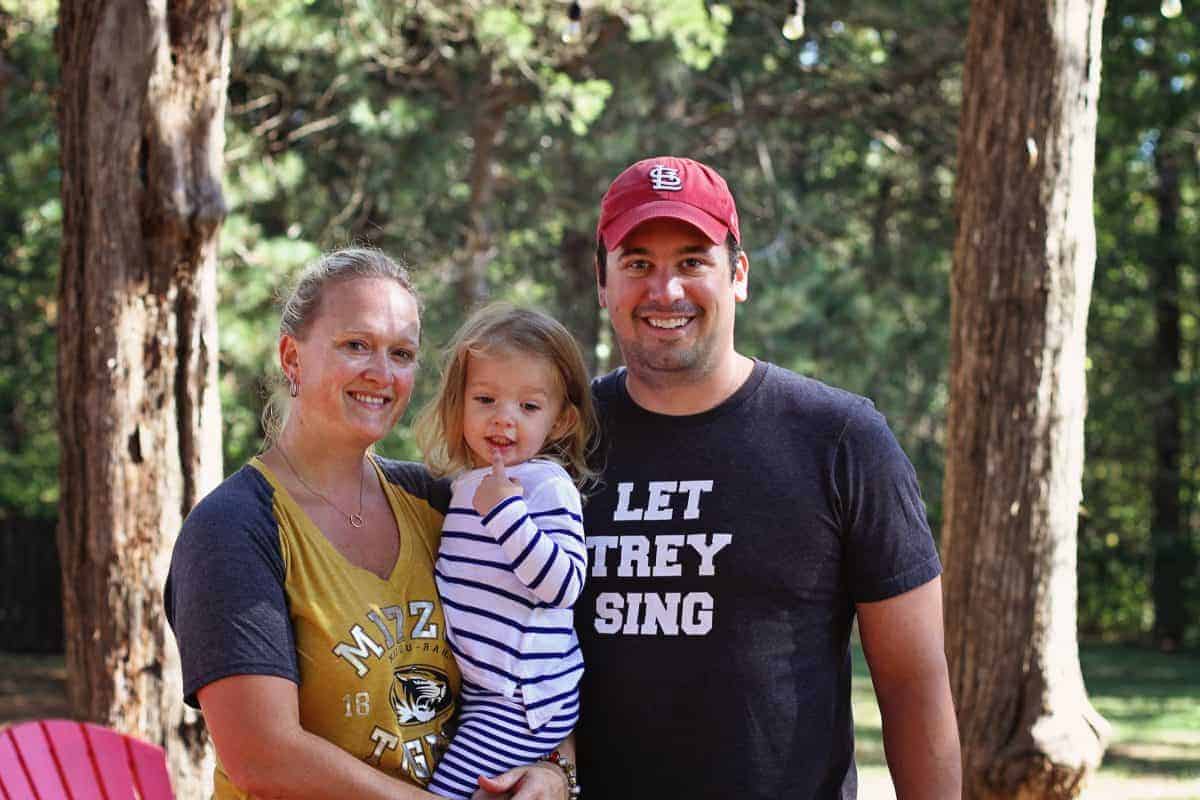



Leave a Reply